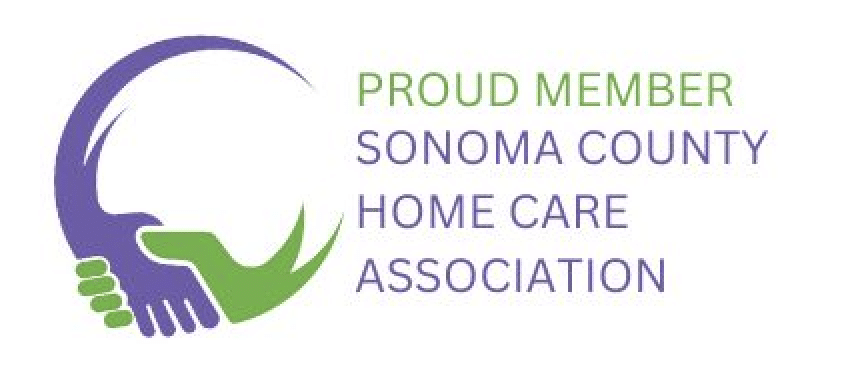Arthritis Awareness Month in May aims to increase awareness of all types of arthritis, including RA.
Rheumatoid arthritis (RA) is an autoimmune disease affecting more than 1.3 million people in the United States.
RA occurs when the immune system mistakenly attacks healthy cells. This causes pain and swelling in the joints. It can also affect organs such as the lungs, heart, and eyes.
May is Arthritis Awareness Month, and the goal is to increase awareness of arthritis, encourage lifestyle habits that reduce people’s risk, and raise funds for research and support.
The American College of Rheumatology promotes RDAM in September. This month’s goal is to increase awareness of rheumatic diseases such as RA, lupus, gout, and fibromyalgia.
This article will discuss Arthritis Awareness Month and RDAM, how to get involved, awareness ribbons, and the support available to people with arthritis.
What is the purpose of Arthritis Awareness Month?
Arthritis Awareness Month aims to increase public awareness and understanding of arthritis, including its causes, risk factors, symptoms, and experience living with the condition.
Understanding the risk factors can reduce their chances of developing arthritis. They can also learn how to recognize symptoms and seek support.
A dedicated awareness month is also an opportunity for people with arthritis to share information and resources with friends and family. People may find it easier to cope with arthritis if those around them understand the condition.
RDAM focuses on a particular aspect of living with rheumatic disease each year. In 2021, the focus was on rheumatic disease and its effect on reproductive health.
Is there an RA awareness ribbon?
There are more than 100 types of arthritis, and many ribbons represent them. Although there is no official RA ribbon, some people wear a purple ribbon with a gold trim to promote RA awareness.
There are variations of blue and purple ribbons for Arthritis Awareness Month. In most cases, the ribbon has blue and purple sides, which cross over each other.
How to get involved
People can take part and help raise awareness in the following ways:
- Get involved: Find an event through the Arthritis Foundation (AF) or a local support group and be part of fundraising for a cure.
- Tell a personal story: Telling personal stories of coping with RA can be effective. People can share their stories on social media or contact local media to suggest an article for RA month.
- Advocate: Public policy affects research, which involves treatment options. People can sign up with the AF to become an advocate at any level.
- Move more: Commit to a walking or other exercise routine. People can even consider starting a neighborhood or local walking group. Regular exercise is vital for keeping the joints lubricated and mobile for people with arthritis.
Find 9 exercises for RA pain here.
About RA
RA is an inflammatory autoimmune condition that occurs when the body’s immune system attacks the joint linings, or “synovium.” It affects more than 1.3 million people in the U.S.
Risk factors for RA include:
- increased age
- female sex — females are 2–3 times more likely to develop RA than males
- smoking
- a history of live births in females
- obesity
- a genetic factor called human leukocyte antigen
RA primarily affects the joints but can also affect the heart, lungs, and eyes.
Common RA symptoms include:
- joint pain, tenderness, swelling, and stiffness
- problems with more than one joint and with the same joint on both sides of the body
- fatigue and low grade fever
- weight loss
- weakness
Treatment seeks to relieve symptoms, stop or reduce inflammation, and prevent joint damage.
Information and support
Many local hospitals have arthritis support groups, and people can ask a healthcare professional for recommendations.
Sources of research and information for those experiencing arthritis include:
- Arthritis Today: a print and digital publication covering various arthritis topics
- Arthritis & Rheumatology: a research journal for the medical community, although nonmembers can also order copies
- The Rheumatologist: a monthly publication from the American College of Rheumatology
- Arthritis Drug Guide: a guide that the AF produces to inform people of drug changes, side effects, dosages, and more
Several online communities provide interactive support options. The Rheumatoid Arthritis Support Network lists blogs and online support groups.
Find more arthritis information and resources here.
Copyright © Medical News Today 2023 . All rights reserved.






